Where Empathy Comes From and Where It Disappears, or Why Do People Get Tired of Empathizing and Helping?
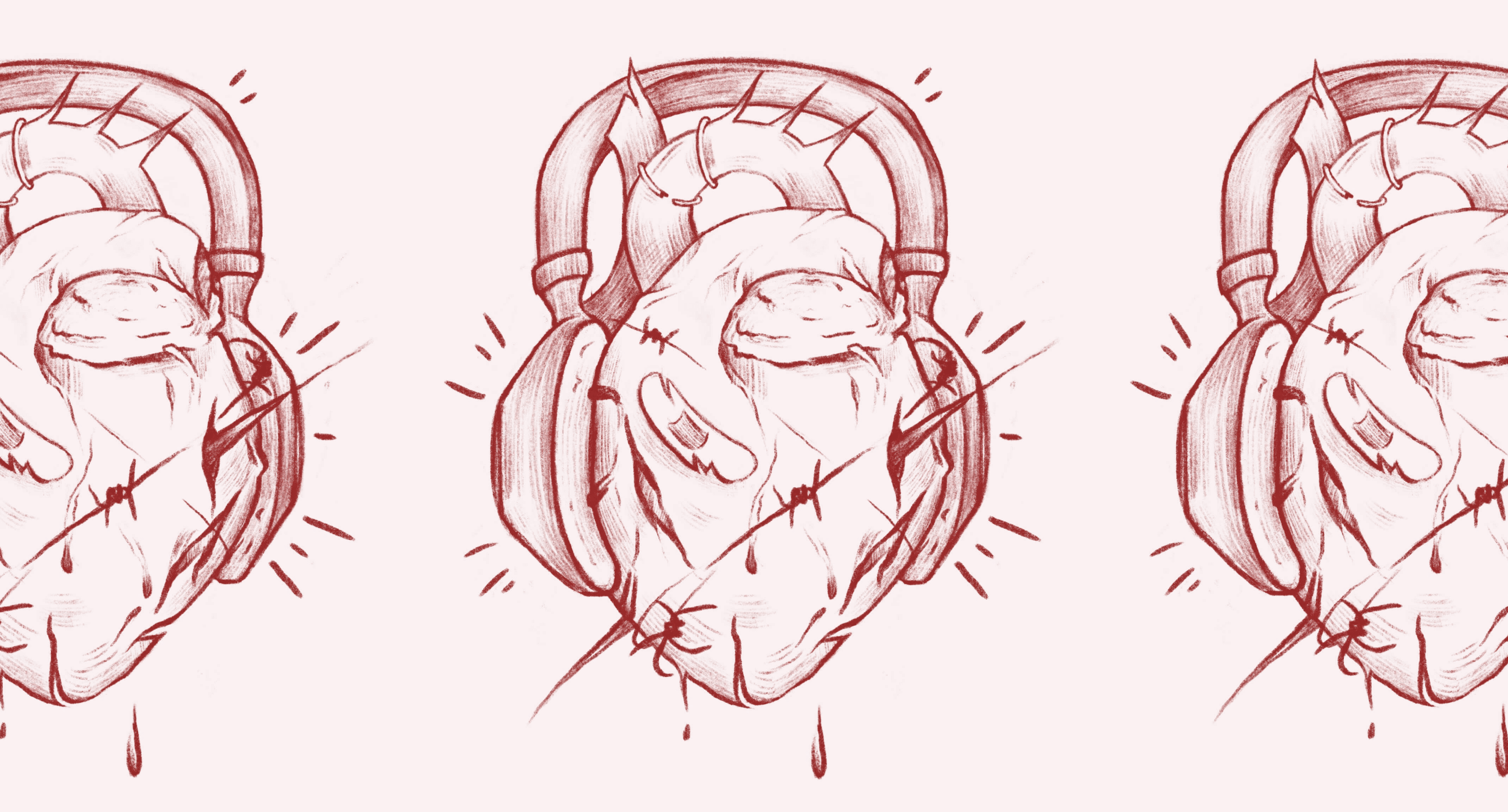
Empathy is the ability to understand and feel the emotions of other people and to sympathize with them. It is an important component of social cohesion, as it enhances the desire to help, support, and show compassion.
For Ukrainians, this ability became a ray of strength during the most difficult periods: during the Revolution of Dignity, the anti-terrorist operation in Donbas, and the full-scale war. Empathy was so powerful that it charged people to help both within the country and beyond its borders.
However, after three years, the support, and involvement in charity are declining. The accompanying changes are noticeable in the emotional state of many people: society is becoming more closed, exhausted, and sometimes even aggressive.
Why does this happen? Can constant stress and burnout lead to a loss of humanity? And are we capable of preserving the power of empathy as a key element of our identity? With experts in psychology and neurobiology, journalist Svitlana Gudkova sought answers to these questions. We also surveyed social media users.
What is Empathy?
The term “empathy” was introduced to psychology by Edward Titchener in 1909. He defined empathy as the ability to view a situation from another person’s perspective, to emotionally immerse oneself in their state, to understand and perceive their feelings. However, social psychologist and psychotherapist Oleg Pokalchuk has a different opinion.
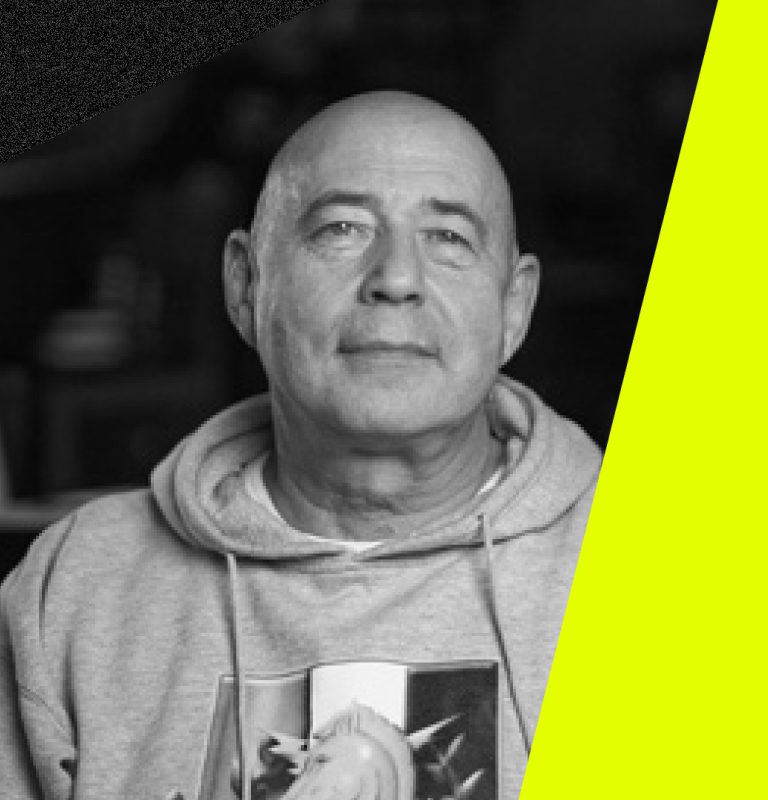
“In a biological human, empathy as such does not exist. From a mental perspective, this is classified as affective self-identification — a state where what we experience makes us feel better about ourselves. There is little connection with truly understanding other people,” he explains. “Moreover, collective empathy does not exist. All experiences are always individual. When people talk about collective compassion, they mean the sum of different people’s emotions caused by a common stimulus. This can unify reactions, but not experiences.”
Despite disagreements about the nature of empathy, these emotions stimulate us to be compassionate and help those who need support. Ukrainians have repeatedly demonstrated the ability to unite in difficult moments, but research shows that support is gradually decreasing.
Donations Become Less Massive but More Targeted
In November 2024, Bloomberg reported that large charitable organizations are recording a donations decrease. For example, the “Serhiy Prytula Charitable Foundation” reported a 20% reduction in donations: in 2024, the foundation collected 1.4 billion hryvnias, and to achieve previous results, the team has to work three times more. The NGO “Army SOS” pointed to a tenfold decrease in contributions, and the “Come Back Alive” fund noted a 15% drop in donations.
However, the situation is not critical. In August 2024, 47% of Ukrainians who had been donating since 2022 stated that they continue to do so at the same level, while 34% reduced their donation amounts.

The main reason was a decrease in income and savings, cited by 61% of those who reduced their donations.
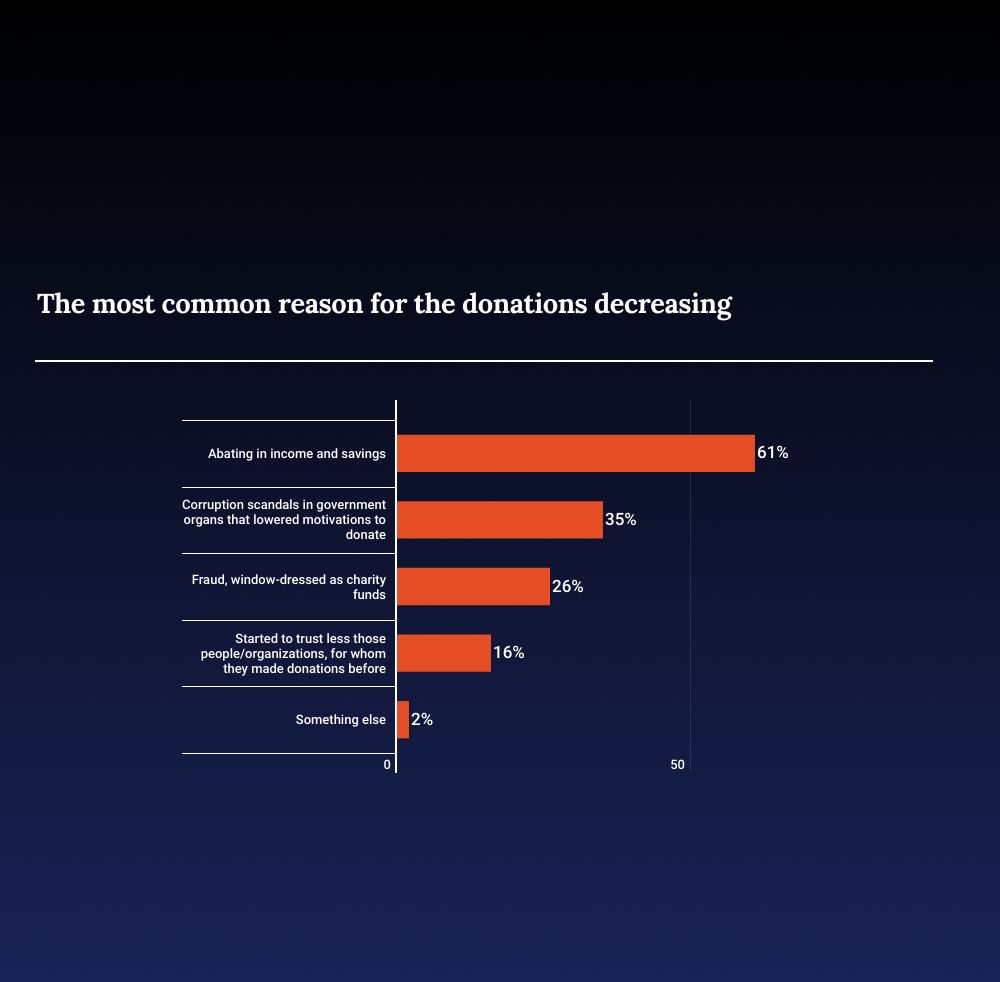
At the same time, according to Zagoriy Foundation and Info Sapiens, 86% of Ukrainians were involved in charity in 2024, although the prevalence index dropped from 7.7 in 2022 to 6.7 in 2024. People are increasingly choosing targeted assistance, which emphasizes the personalization of their support.
Empathy: Disappearing or Transforming?
Do the data indicate a loss of empathy? Probably not — it is adapting.
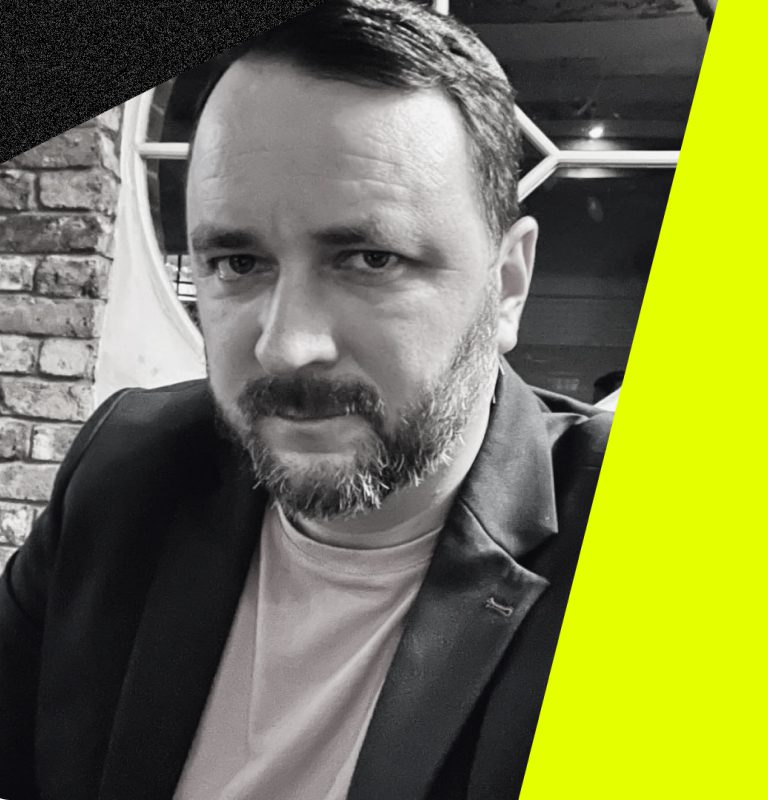
Psychotherapist Roman Melnychenko notes that during sudden crises, society can unite, but prolonged stress provokes other processes.
“Short-term stress causes a release of adrenaline, norepinephrine, and oxytocin, which contributes to mutual assistance. However, under the influence of prolonged stress, the body produces cortisol, which reduces oxytocin levels. This forces people to adapt to constant tension while simultaneously reducing emotional response,” he explains.
Oleg Pokalchuk adds that this process can be compared to falling in love: “A person cannot be in an ’emotional frenzy’ for several years in a row. The body gets used to stress, and even in an acute situation, reactions become less emotional.”
Neurobiologist and candidate of biological sciences Serhiy Danylov believes that empathy does not disappear, but transforms.
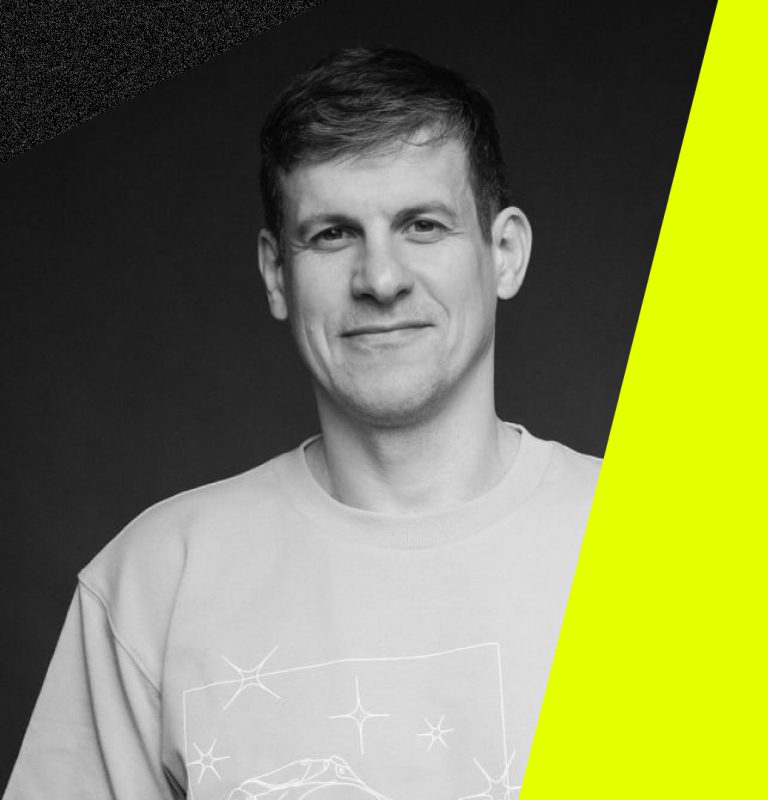
He refers to numerous large-scale studies conducted in countries that have experienced wars. “On one hand, the level of trust among people generally decreases over time — this is a natural protective reaction to prolonged stress. But on the other hand, research shows that people become more proactive: they organize civic initiatives and join new forms of assistance. Therefore, it is incorrect to say that empathy is disappearing. Rather, it is adapting to new conditions and being reformatted,” Danylov notes.
Is Empathy Available to Everyone?
Empathy is a complex phenomenon that sparks scientific debates. Neurobiologist Serhiy Danylov explains that the ability to sympathize has both innate and acquired aspects.
“Any emotional manifestation is based on innate proto-mechanisms. The ability to construct another person’s state through one’s feelings is also part of our biology. However, how we perceive the world is formed based on constructivism. We decide what to pay attention to, what to consider important, and what is secondary,” Danylov notes.
In other words, empathy is a combination of natural mechanisms and learning. “All emotions have a prototypical nature, but how we understand and use them depends on our experience. Society constantly reinterprets different emotions, adapting them to changes in culture and environment,” he adds.
How to Develop Empathy
Emotions occur automatically before we consciously process them, explains Danylov. However, we can influence their perception by consciously changing our attention.
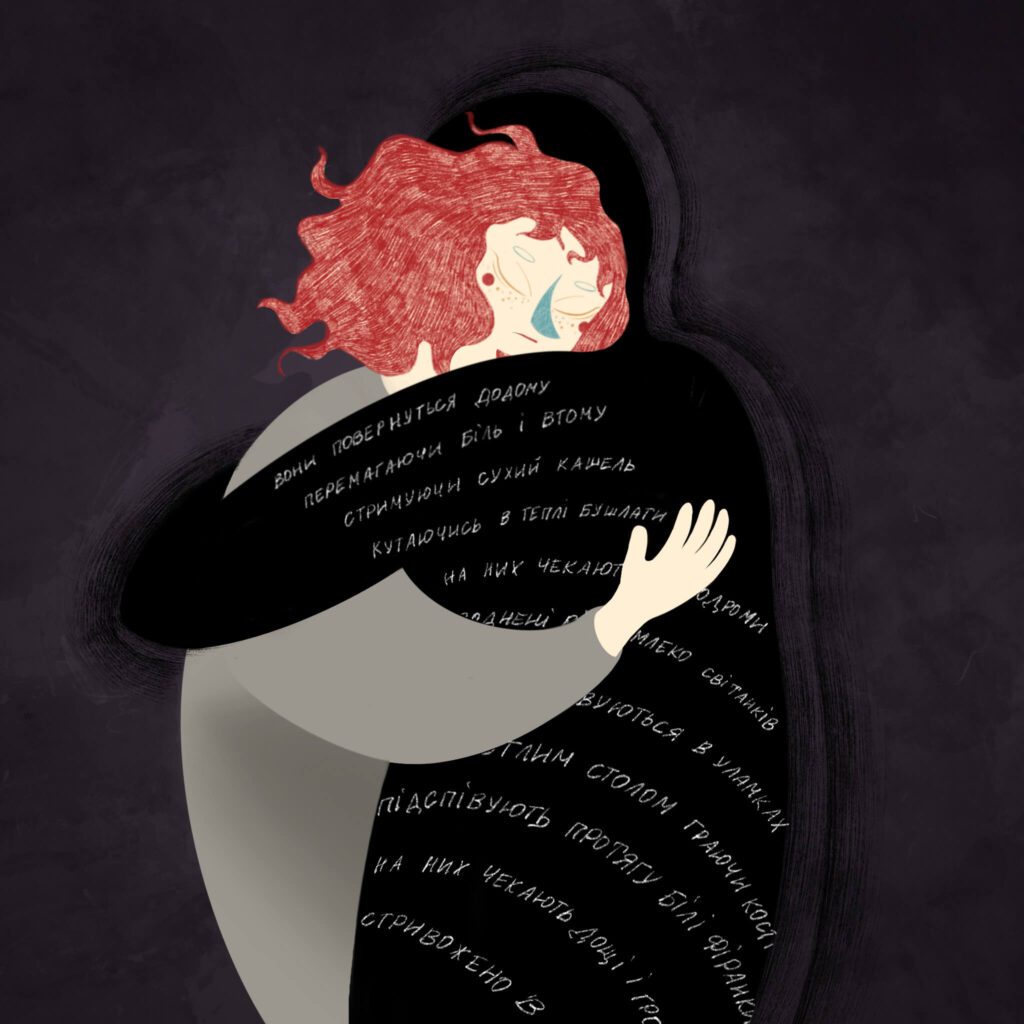
“Attention is the key mechanism through which we regulate our attitude toward the world. What we focus on becomes more essential. For example, one way to develop empathy is through compassion or gratitude meditation. Such practices allow people to enhance emotional sensitivity and better understand those around them,” Danylov explains.
According to him, such practices help not only to better synchronize with others but also to reduce one’s emotional pain.
Prolonged Empathy Harms Mental and Physical Health
Long-term emotional experiences are difficult for the psyche and exhaust the body. According to Danylov, there is a direct link between sensitivity, empathy, and the risk of developing depression.
“Constant strong emotions cause burnout and empathetic fatigue. Everyone has a limited resource, and when it is exhausted, avoidance and alienation begin — these are already symptoms of depression. Paradoxically, at moments when it’s hardest, instead of seeking help, we start pushing people away and closing ourselves off,” the neurobiologist explains.
Psychotherapist Roman Melnychenko adds that prolonged stress forms a negative worldview, which in turn increases anxiety, and irritability, and worsens relationships with loved ones.
“For example, you might have a friend with whom minor differences in views didn’t previously interfere with communication. But during prolonged stress, the psyche becomes exhausted, patience reserves disappear — and these differences become critical. Over time, you start perceiving them as an enemy,” explains the expert. “In family relationships, it’s a similar situation: previously, you could calmly do homework with your child, but now you become irritable, with shouting, accusations, and conflicts appearing. People even start dividing others into ‘us’ and ‘them’ within their own family, not realizing that these are consequences of prolonged stress.”
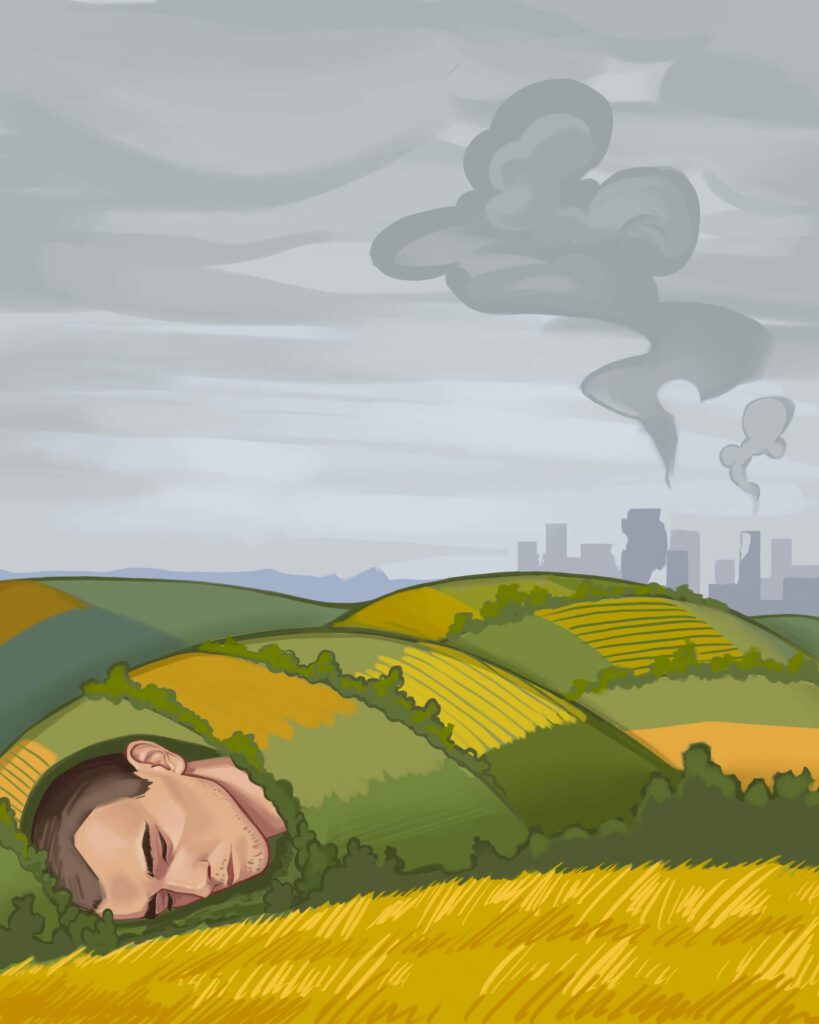
Most Ukrainians are in a state of constant anticipation of negative events. Although we don’t consciously realize it, at a subconscious level, the body responds by releasing cortisol, which intensifies exhaustion. This contributes to emotional burnout, depressive and anxious states, and also causes physical illnesses.
“Constant stress affects the cardiovascular system, which is why we’re seeing an increase in heart attacks and strokes. Overall, people have aged about 15 years, although many don’t even notice it. As a side effect, we observe a decrease in empathy and emotional reactions, especially positive ones like joy or satisfaction. But since these changes occur gradually, most people don’t realize they’re being pulled into this vortex of exhaustion,” concludes the psychotherapist.
Russia Uses Emotional Exhaustion as a Weapon
Russia is waging a hybrid war not only on the battlefield but also in the psychological space, manipulating emotions and perception of reality. The war of attrition practiced by the Kremlin is aimed not only at squeezing out material resources but also at psychologically weakening Ukrainian society. The emotional fatigue of Ukrainians only plays into Moscow’s hands.

“Empires have always known how to divide societies and incite people against each other because only unity makes us strong. After three years of full-scale war, we still haven’t learned to effectively counter this,” Melnychenko notes.
To counter Russia’s psychological influence, Ukraine must implement counter-propaganda aimed at uniting society. But this process requires a deep approach.
“Unification must begin in childhood. And this should not be banal ‘love the language, land, or country’. Emotions work differently. For example, many people are proud of their cities — Kharkiv, Odesa, Lviv — but this does not always transform into love for all of Ukraine. We need to show that without Kharkiv or Lviv, there is no Ukraine, that this is one land, and all its cities and inhabitants are important and unique,” the psychotherapist explains.
True unity is manifested in moments of shared pain. “When a rocket hits Zaporizhzhia, Ukrainians from all corners of the country experience it together with the residents of this city. It doesn’t matter if it’s Odesa, Kharkiv, or Lviv — everyone sympathizes and feels shared pain. This empathy is a fundamental trait of our people, but prolonged stress gradually exhausts it,” he adds.
How to Avoid Harmful Effects of Excessive Empathy
Excessive empathy can exhaust the body’s resources, but there are ways to protect yourself from its negative consequences:
- Listen to Your Body
First, it’s important to learn to recognize when resources are depleted and rest in time, Danylov emphasizes. “If you notice that you have no strength after an intense day of work, don’t force yourself to move forward. Rest is not just sleep or lying down. Change the environment: take a walk, go out for breakfast, and meet friends to get new energy. It’s important to leave some resources for recovery.”
- Find a Support Group
Synchronization with other people is another effective way to maintain emotional balance. “A group helps determine where to direct energy and provides a sense of support. If you start feeling alienated from those around you, it’s a signal that something is wrong. Together we can solve problems, create a new reality, and support each other. In moments of greatest pain, it’s worth finding people with whom you can share emotions and find ways to influence the situation,” he adds.
How War Affects Empathy
War does not destroy empathy, but significantly changes its manifestations. People who have experienced prolonged periods of fear, loss, and stress undergo emotional compression that is difficult to overcome.

Societies have two main sets of values: survival and self-development. Peoples who have long lived in peace and prosperity typically transition to individualism, self-expression, and hedonism, contributing to empathy development. Meanwhile, countries experiencing wars, hunger, or economic crises remain in survival mode.
Despite this, empathy in Ukrainian society will not disappear. “People without empathy would not have been able to survive and continue existing. Ukrainians are a highly empathetic nation, and this trait helps us endure challenges and fight for life,” the psychotherapist emphasizes.
With the support of Mediaset




